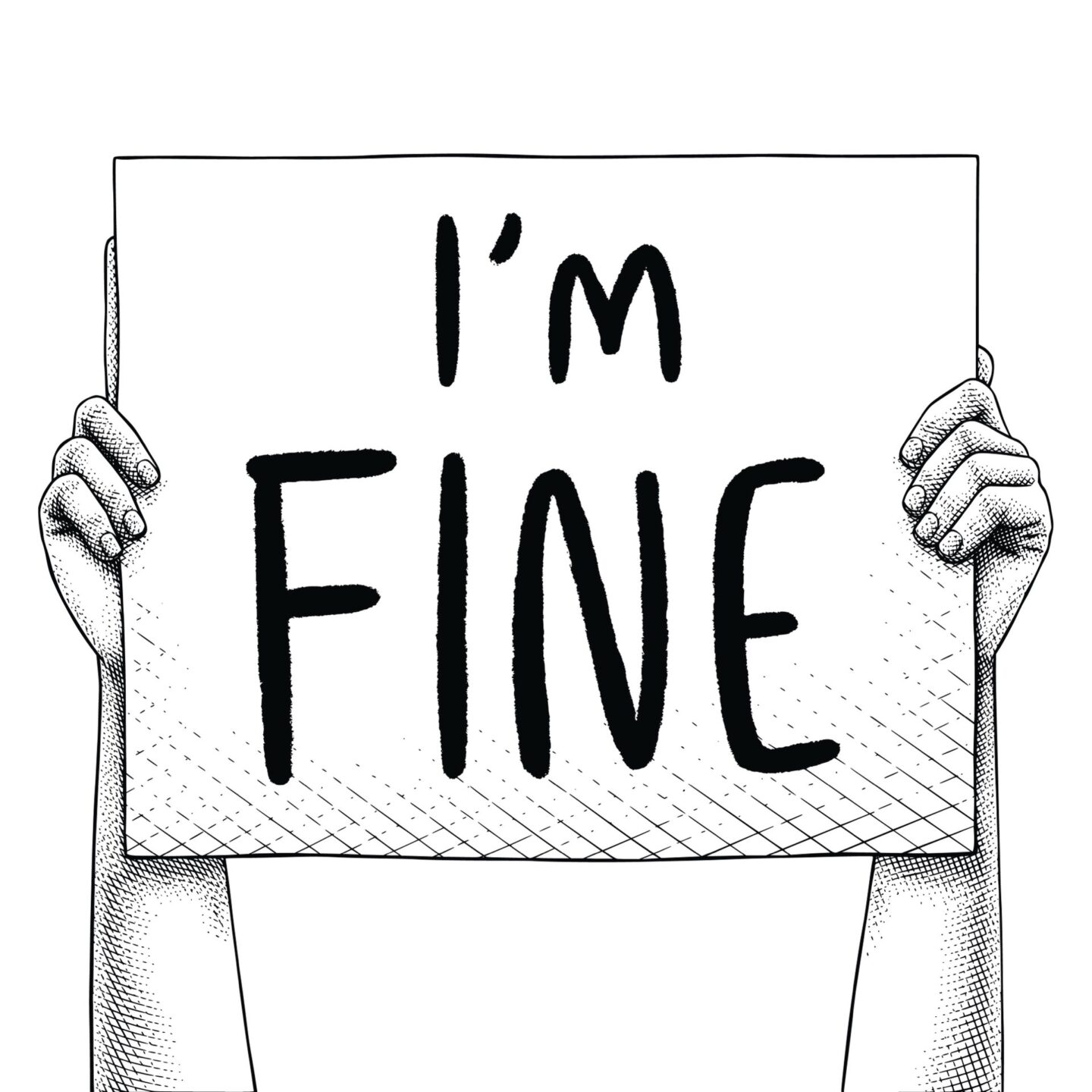You were in a car accident. Your heart was pounding. People asked if you were okay. And without pausing, you said: “I’m fine.”
Maybe you thought you were. Maybe you didn’t want to make a scene. Maybe you just wanted to get out of there and move on.
But now—whether it’s hours, days, or even weeks later—your body is telling a different story.
The stiffness hasn’t gone away. The discomfort is growing. You’re starting to wonder if something’s wrong.
If any of this sounds familiar, I want you to know:
You’re not too late. And you’re not the only one.
Why You Said It—Even If It Wasn’t the Whole Truth
Most people don’t declare “I’m fine” because they’re trying to downplay a serious injury. They say it because they’re:
- Still in shock
- Trying to stay calm
- Focused on avoiding tension
- Unsure what they’re supposed to say or do
Especially in this region, where we value being low-key and composed, people often default to politeness—even when their body is sounding the alarm.
But that moment doesn’t define you. And it doesn’t lock you out of help.
Pain That Shows Up Later Is Still Real
Whiplash, neck strain, soft-tissue injuries, even concussions—these don’t always make themselves known right away. Adrenaline masks symptoms. Your brain is in protective mode. And sometimes, it takes time for the discomfort to settle in.
Clients often tell me: “I didn’t feel it right away, but now I can’t ignore it.”
If that’s where you are, you’re not overreacting. You’re simply noticing what was already there.
It’s Still Worth Paying Attention If You…
- Skipped the hospital
- Told the other driver you were fine
- Haven’t contacted your insurance yet
- Thought the pain would fade on its own
- Didn’t want to bother anyone
You’re allowed to reevaluate.
You’re allowed to ask questions—even if it’s been a little while.
Being Quiet Doesn’t Mean You Deserve Less
I see this all the time:
Good people, trying to be reasonable. They minimized their own discomfort because they didn’t want to escalate anything. They assumed that being agreeable would make things easier.
But the truth is:
Staying calm doesn’t mean you weren’t hurt. And saying less doesn’t mean you shouldn’t be taken seriously.
Whether the crash was big or small, if you’re now struggling with pain, uncertainty, or stress—you deserve support.
What You Can Do Now (Even If Time Has Passed)
If you’re only now realizing that you’re injured or overwhelmed, here’s what you can still do:
- Get checked out by a doctor. Even if you think it’s “not a big deal,” documentation matters.
- Make note of your symptoms. Write down what hurts, when it started, and how it’s affecting your life.
- Hold off on giving detailed statements to insurance. They may use early comments like “I’m fine” to minimize your claim.
- Talk to someone who handles this every day. You don’t need to figure it out alone. We’re here to walk you through it.
How Long Is Too Long?
One of the most common questions I hear is: “Is it too late to do something now?”
Here’s the honest answer: It depends—but let us figure that out.
If it’s been almost three years since your accident, and you never sought medical treatment, it’s going to be extremely difficult to go back and claim that your current issues stem from that event. At that point, we’re at the edge of Washington’s statute of limitations—and without a record, there’s usually not much to build a case on.
But if it’s been a few weeks or even a couple of months, it’s absolutely worth talking. We’ll look at what corroborating evidence exists—like how your injuries have affected your work, your routines, or your relationships. We’ve helped people in that gray area before.
You don’t have to have all the facts. Let us gather them for you. That’s what we do.
You Don’t Have to Figure This Out by Yourself
People often hesitate to reach out because they feel like they’ve already made a mistake—or that it’s too late to fix things.
Here’s what I want you to know:
You don’t need to determine whether your case “counts.” That’s our job.
Our intake process is free. If I’m interested in your case, it’s because I believe it’s worth taking seriously. And if it turns out it’s not something we pursue, I’ll still make sure you walk away with answers.
You don’t need to build the case. You don’t need to prove anything up front. You just need to start the conversation.
Let’s Talk—No Judgment. No Pressure. Just Guidance.
You’re not being dramatic. You’re not exaggerating. You’re simply recognizing that something isn’t right—and that maybe, you need help addressing it.
👉 Schedule a free consultation
We’ll listen. We’ll assess. And we’ll help you figure out what happens next. Because just saying “I’m fine” doesn’t mean you have to stay silent.
